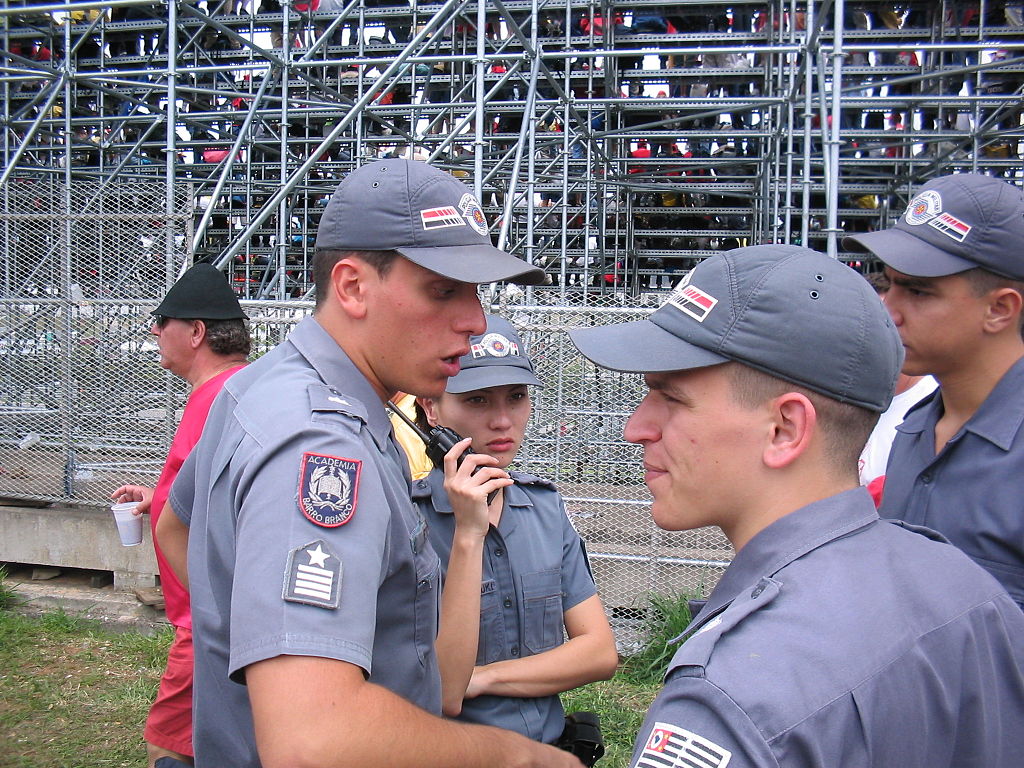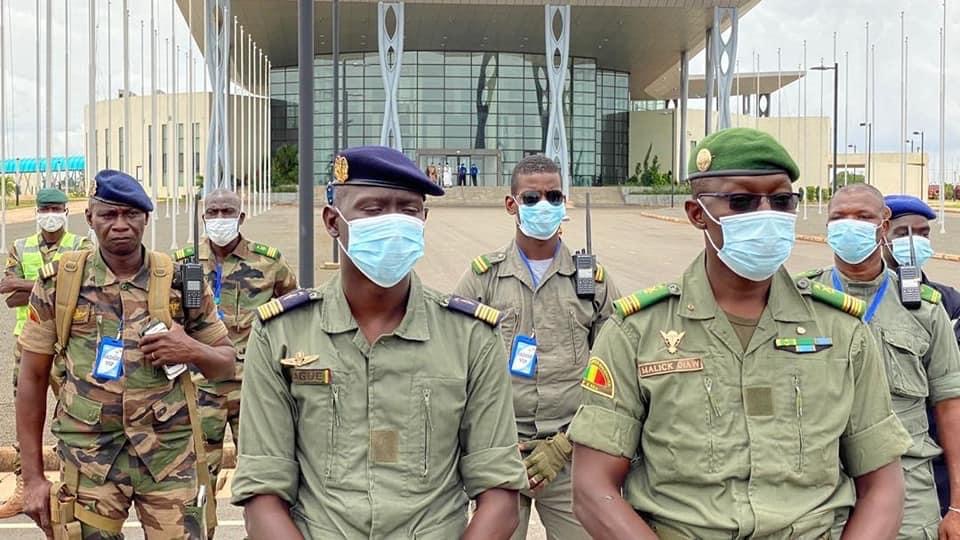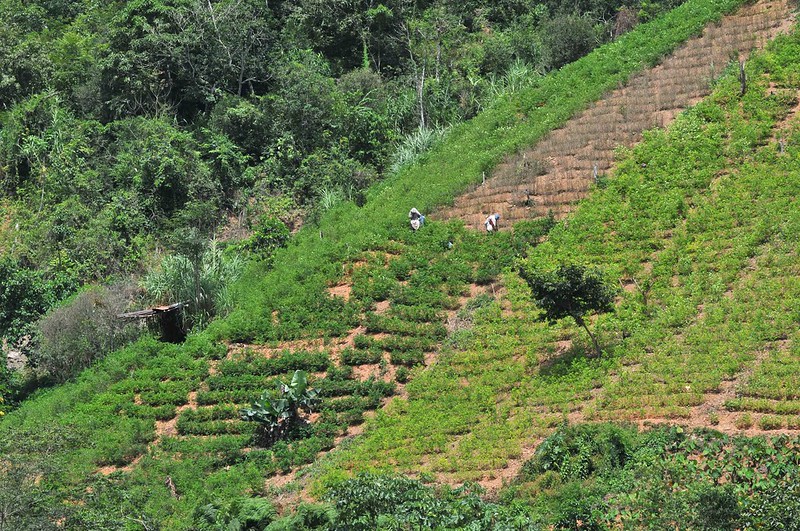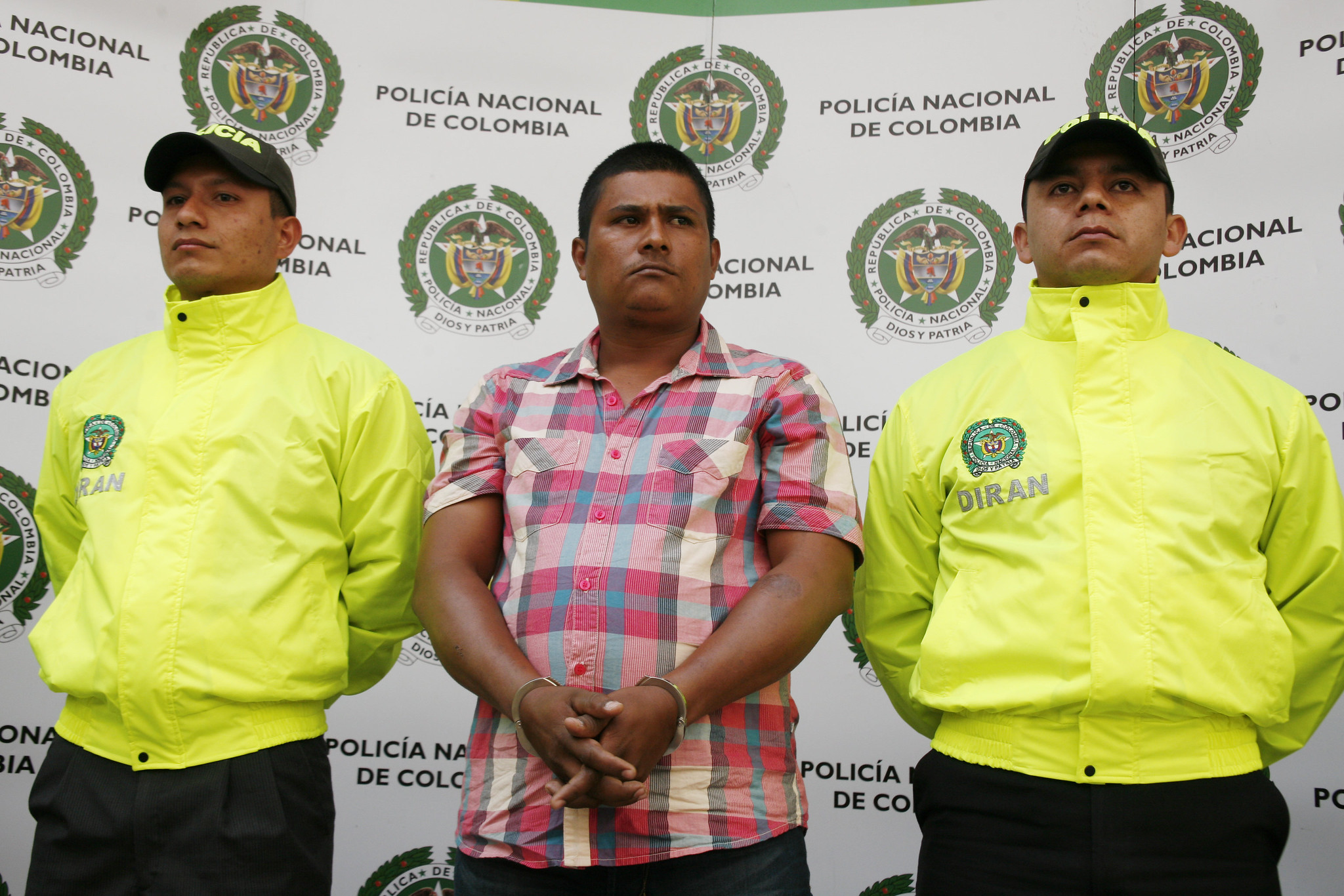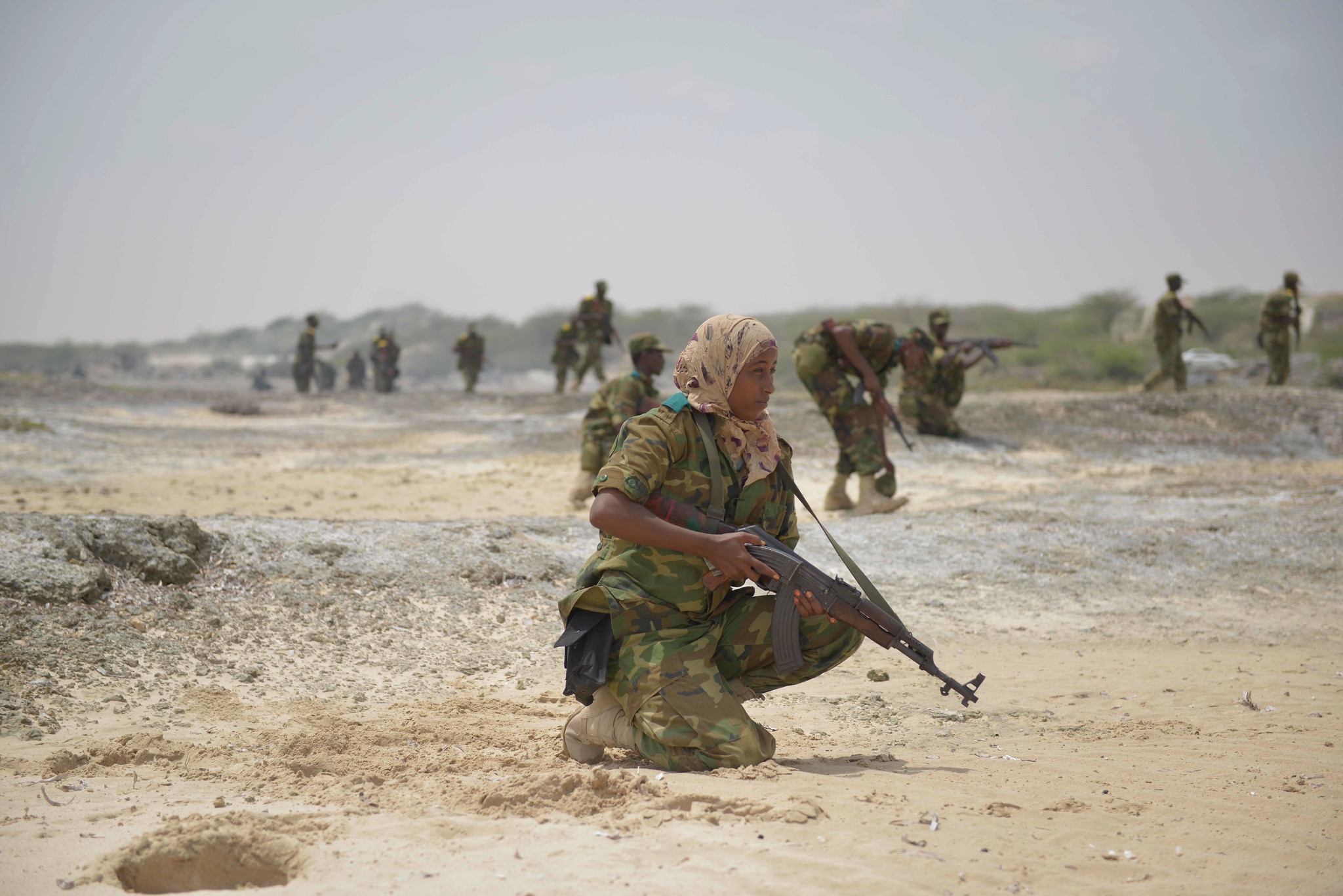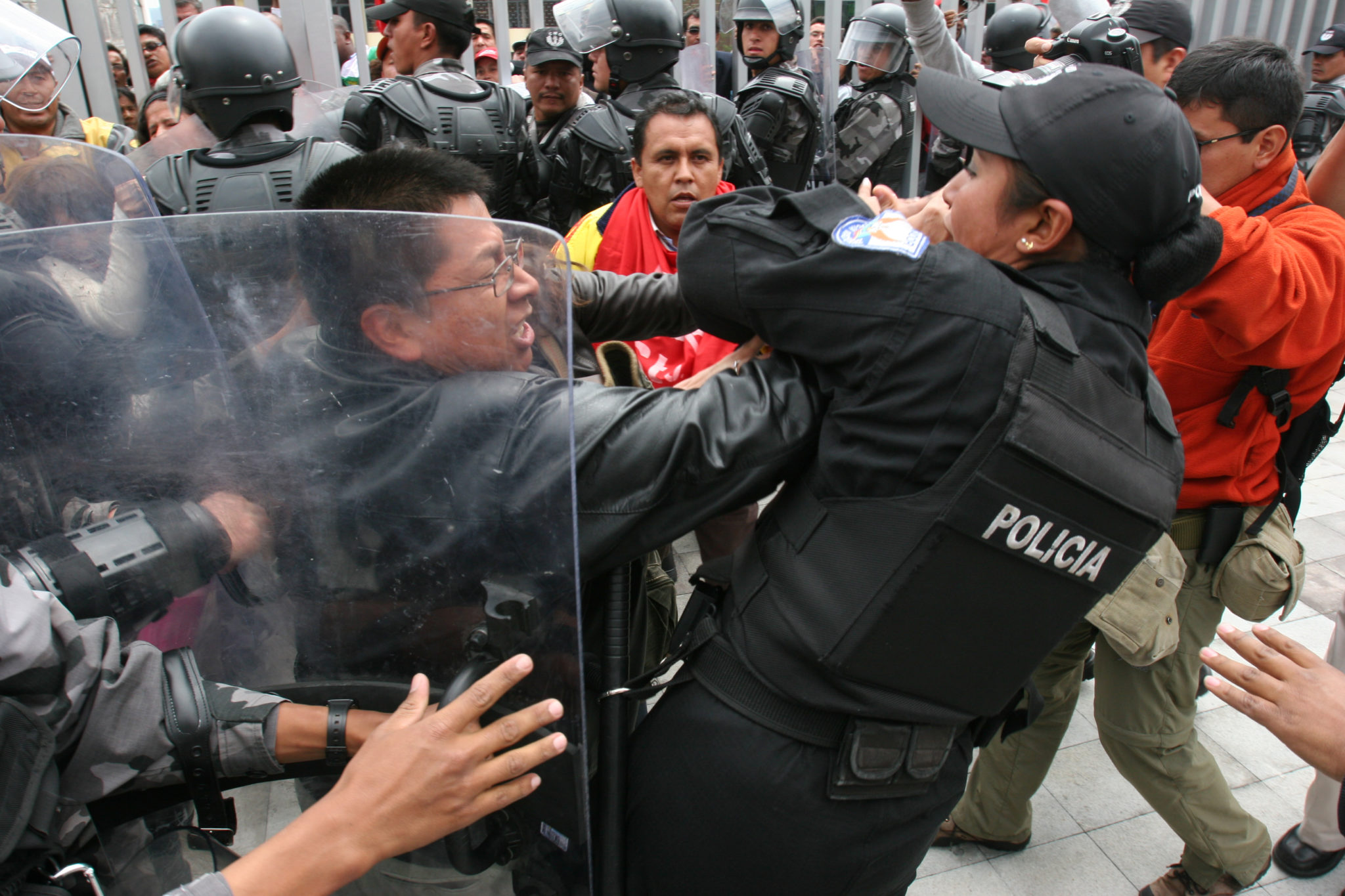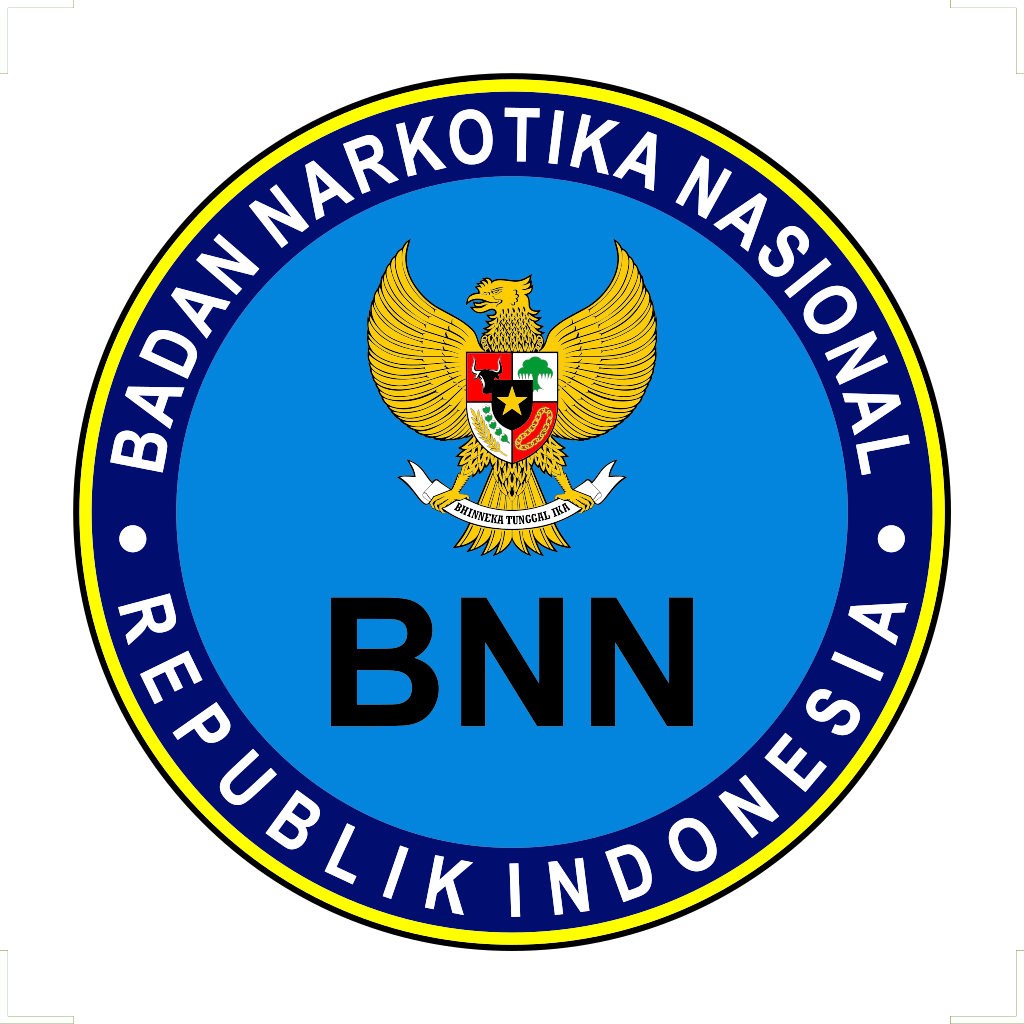
National Narcotics Agency (BNN) logo.
“I have just carried out a working visit as Chair of the Indonesian Delegation to several countries in South America in order to anticipate the entry of cocaine and other trafficked narcotics into Indonesia…”
According to the excerpted article from centrist Indonesian-language website tvonenews.com, Indonesia’s National Narcotics Agency (BNN) is now cooperating with South American countries to prevent the entry of cocaine and other narcotics into Indonesia. In the article, BNN head Petrus Golose discusses his recent working visit to South America. Although he notes that narcotics trafficking in South America has not yet directly affected Indonesia, it is necessary to address because Indonesia has seen an increase in domestic drug use and could become a destination country for illicit South American drugs.
The Indonesian Foreign Ministry’s website, kemlu.co.id, discusses the BNN delegation’s visit to Panama in particular. Indonesia is concerned about Panama’s role as a drug trafficking hub, albeit not a producer. Indonesia intends to share best practices with Panama in terms of law enforcement strategies to counter drug trafficking. A memorandum of understanding between the two countries was signed, marking the first time Panama has ever cooperated with an Asian country to combat drug trafficking.
Indonesian-language media outlet databoks.com reports that there had been a surge in narcotics arrests in Indonesia, peaking in 2018, and decreasing since then. According to the data, North Sumatra is the most affected region. Marijuana is the most seized drug followed by methamphetamine and ecstasy. Given that cocaine dominates narcotics trafficking from South America, these facts indicate that Indonesian counter-narcotics initiatives with South American countries is a longer-term preventative measure.
Source:
“BNN Jalin Kerja Sama dengan Negara-Negara di Amerika Selatan Cegah Masuknya Kokain dan Peredaran Narkotika Lain (BNN Cooperates with Countries in South America to Prevent the Entry of Cocaine and Other Narcotics from Circulating),” tvonenews.com (considered neutral Indonesian language media source), 9 June 2022. https://www.tvonenews.com/berita/nasional/45935-bnn-jalin-kerja-sama-dengan-negara-negara-di-amerika-selatan-cegah-masuknya-kokain-dan-peredaran-narkotika-lain
Head of the National Narcotics Agency of the Republic of Indonesia (BNN RI) Petrus Reinhard Golose said that his team was cooperating with a number of countries in South America to prevent the entry of cocaine and other trafficked narcotics into Indonesia. Golose explained that the cooperation that BNN has established with countries in South America targets areas around the Andes Mountains. The head of the NNA confirmed that although the circulation of cocaine took place in the Americas, it was possible for Indonesia to become one of the destination countries for the circulation.
Source: “Panama – Indonesia untuk Pertama Kalinya akan Melakukan Kerja Sama Penanggulangan Narkoba (Panama – Indonesia for the First Time to Conduct Drug Countermeasures Cooperation), kemlu.go.id (website of the Indonesian Ministry of Foreign Affairs), 25 May 2022. https://kemlu.go.id/portal/id/read/3631/berita/panama-indonesia-untuk-pertama-kalinya-akan-melakukan-kerja-sama-penanggulangan-narkoba
With the support of the Indonesian Embassy in Panama City, the Head of the National Narcotics Agency and his team held a meeting with ministerial-level officials…. Panama itself is not a drug-producing country, but is a hub area for drug dealers in Latin America who come from surrounding drug-producing countries…. In this case, Panama and Indonesia can share experiences both in handling and tackling the use and distribution of drugs, as well as proper law enforcement techniques for dealing with drug issues.
Source: “Jumlah Tersangka Narkoba Menurun dalam 3 Tahun Terakhir (Number of Drug Suspects Decreased in the Last 3 Years),” databoks.katadata.co.ide (web-based Indonesian language media outlet), 29 May 2022. https://databoks.katadata.co.id/datapublish/2022/05/26/jumlah-tersangka-narkoba-menurun-dalam-3-tahun-terakhir
According to a report by the National Narcotics Agency (BNN), the number of suspects in narcotics and illegal drugs or narcotics cases in Indonesia has decreased over the past three years. However, if one looks at the trend, since 2009 the number of narcotics suspects has tended to increase, with a record high of 1,545 people in 2018.
Image Information:
Image: National Narcotics Agency (BNN) logo
Source: Kampung Jawa, https://commons.wikimedia.org/wiki/File:Logo_BNN.svg
Attribution: CC x 2.0


